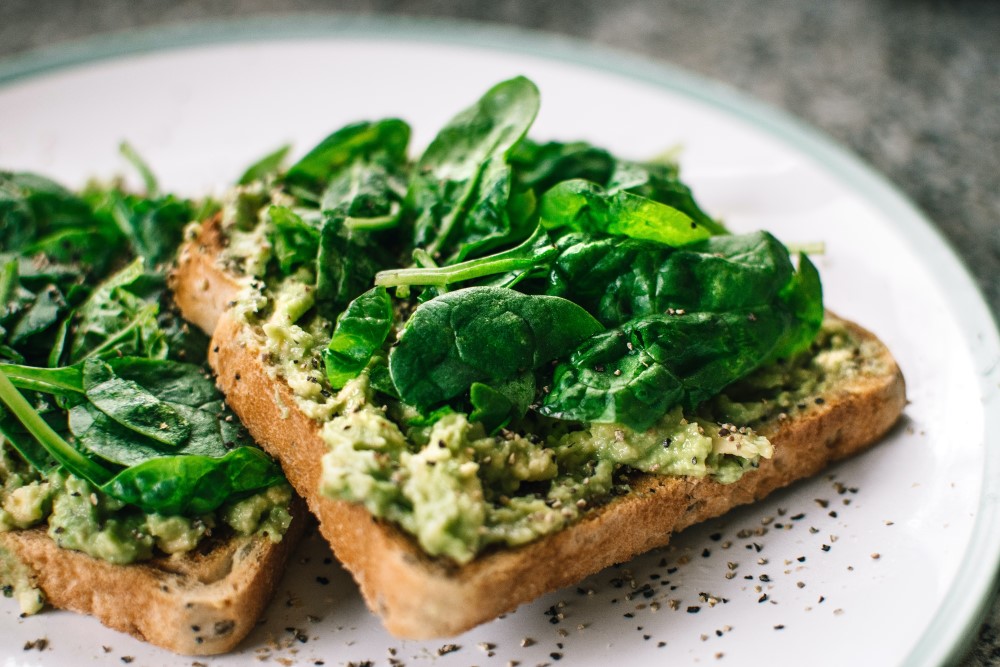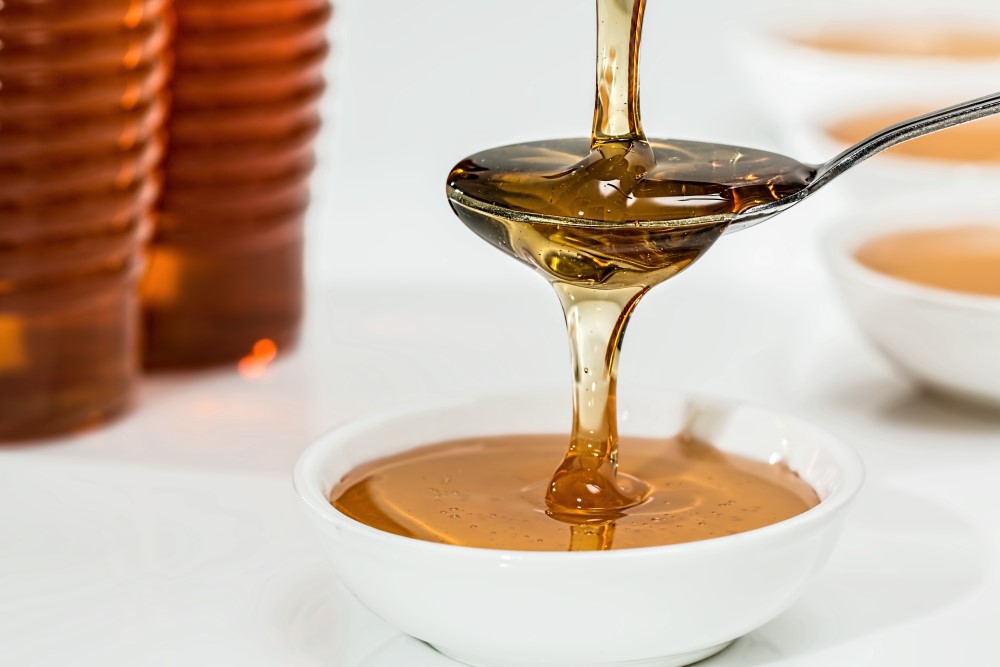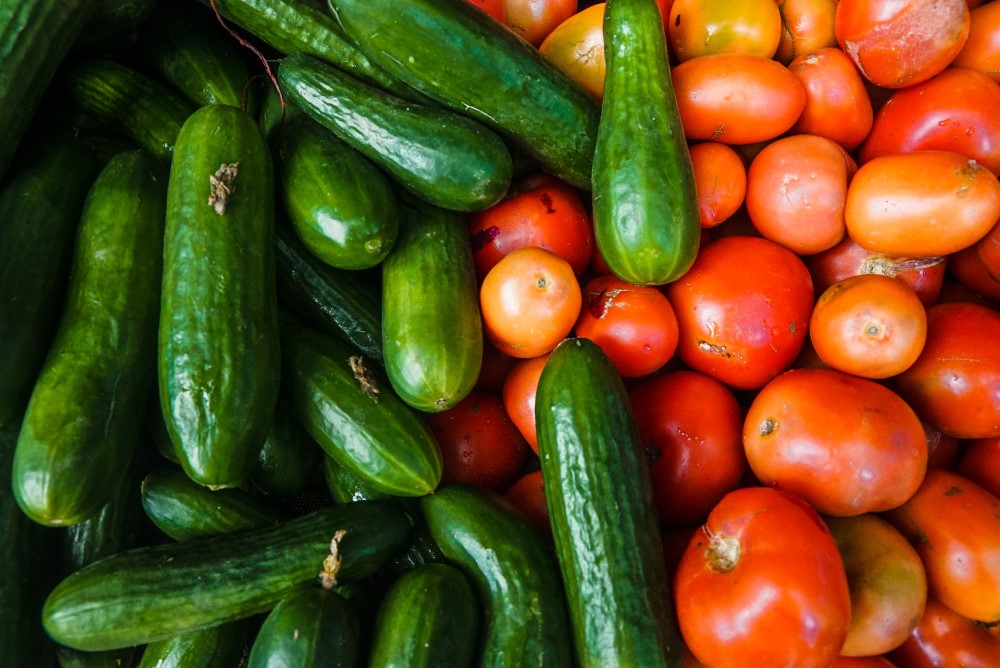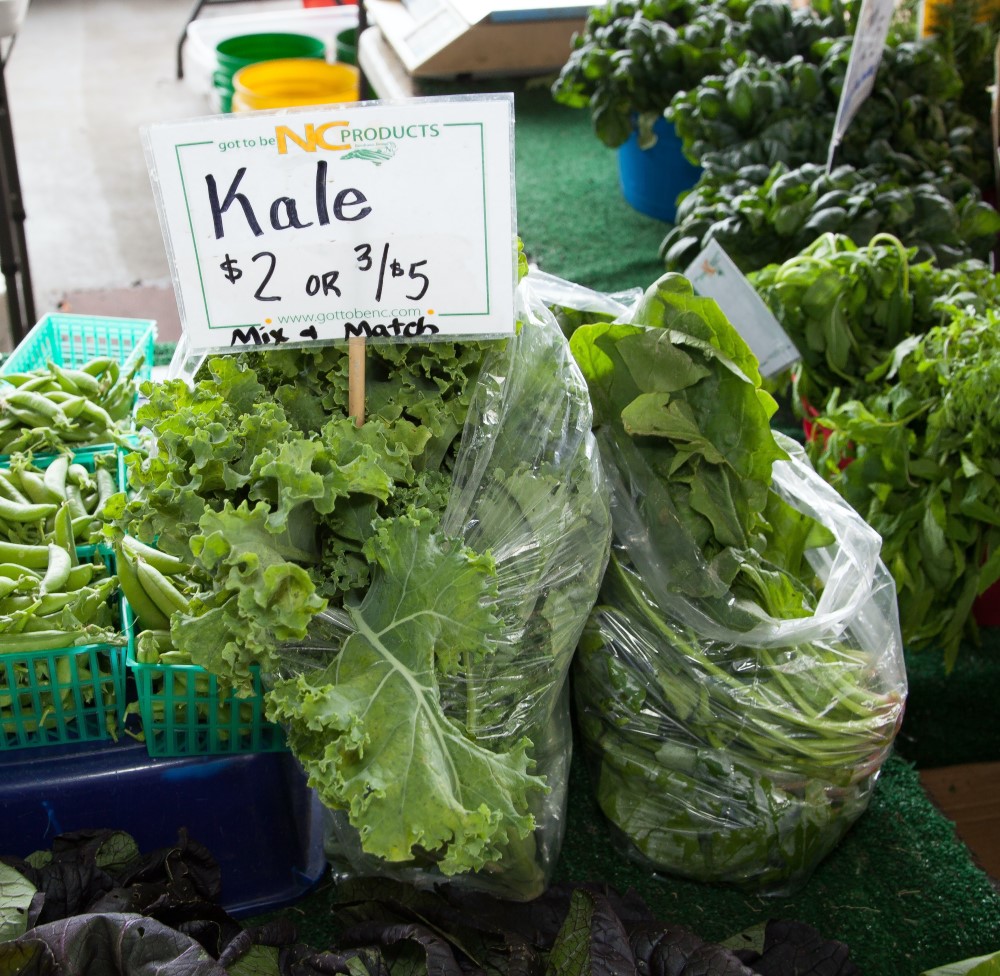
Credits to Lisa Fotios
When it comes to choosing the healthiest drink, there is no one-size-fits-all answer as it depends on individual dietary needs and preferences. However, there are several drinks that are generally considered to be healthy due to their nutritional value and health benefits.
- Water: Water is the most basic and essential drink for our body. It is essential for maintaining bodily functions and staying hydrated. Drinking plenty of water can help flush out toxins, improve digestion, boost skin health, and promote weight loss.
- Green Tea: Green tea is a popular beverage that is known for its numerous health benefits. It is rich in antioxidants and has been shown to lower the risk of various chronic diseases such as heart disease, cancer, and diabetes. Additionally, green tea can help boost metabolism and aid in weight loss.
- Herbal Tea: Herbal teas, such as chamomile, peppermint, and ginger tea, are known for their soothing properties and can help promote relaxation, reduce stress, and improve sleep quality. Additionally, herbal teas are rich in antioxidants and have been shown to have various health benefits.
- Freshly Squeezed Juice: Freshly squeezed juices made from fruits and vegetables can be a great way to increase your daily intake of vitamins and minerals. However, it is important to note that many store-bought juices are high in sugar and can be unhealthy if consumed in excess. It is best to make your own juice at home using fresh ingredients.
- Kombucha: Kombucha is a fermented tea that is rich in probiotics, which are beneficial for gut health. It also contains antioxidants and has been shown to have anti-inflammatory properties. However, it is important to choose a low-sugar kombucha and consume it in moderation, as it can be high in calories.
- Coconut Water: Coconut water is a natural electrolyte-rich drink that is great for hydration. It is low in calories, high in potassium, and has been shown to have various health benefits such as reducing blood pressure and improving digestion.
- Milk Alternatives: For those who are lactose intolerant or choose to avoid dairy, milk alternatives such as almond milk, soy milk, and oat milk can be a healthy option. These alternatives are often fortified with calcium and vitamin D and can be low in calories and sugar.
- Vegetable Juice: Similar to freshly squeezed juice, vegetable juice can be a great way to increase your daily intake of vitamins and minerals. It is low in calories, high in fiber, and can help promote weight loss.
- Sparkling Water: Sparkling water can be a healthy alternative to sugary carbonated drinks. It is calorie-free and can help promote hydration.
- Matcha: Matcha is a type of green tea that is ground into a fine powder. It is rich in antioxidants and has been shown to have various health benefits such as reducing stress and improving brain function.
What Are The Healthiest Vegetables and Fruits to Use in Juice?
Juicing can be a great way to increase your daily intake of fruits and vegetables, which are essential for overall health and well-being. When it comes to choosing the healthiest vegetables and fruits for juicing, it is important to choose those that are rich in vitamins, minerals, and antioxidants.
- Spinach: Spinach is a leafy green vegetable that is rich in vitamins A, C, and K, as well as iron and calcium. It is low in calories and can help improve digestion and boost immune function.
- Kale: Kale is another leafy green vegetable that is packed with nutrients. It is rich in vitamins A, C, and K, as well as antioxidants and anti-inflammatory compounds. Kale has been shown to have numerous health benefits, including reducing the risk of heart disease and cancer.
- Carrots: Carrots are a root vegetable that are rich in vitamin A, which is important for eye health. They are also high in antioxidants and have been shown to help improve digestion and boost immune function.
- Beets: Beets are a root vegetable that are rich in antioxidants and anti-inflammatory compounds. They are also high in nitrates, which have been shown to improve athletic performance and reduce blood pressure.
- Celery: Celery is a low-calorie vegetable that is rich in vitamins A, C, and K, as well as antioxidants and anti-inflammatory compounds. It has been shown to help improve digestion and reduce inflammation in the body.
- Apples: Apples are a fruit that are high in fiber and antioxidants. They have been shown to help lower cholesterol levels and reduce the risk of heart disease.
- Berries: Berries, such as blueberries, strawberries, and raspberries, are rich in antioxidants and have been shown to help improve brain function and reduce inflammation in the body.
- Citrus Fruits: Citrus fruits, such as oranges, grapefruits, and lemons, are high in vitamin C, which is important for immune function. They also contain antioxidants and have been shown to help reduce the risk of chronic diseases such as heart disease and cancer.
- Pineapple: Pineapple is a tropical fruit that is high in vitamin C and bromelain, which is an enzyme that can help improve digestion and reduce inflammation in the body.
- Ginger: While not a fruit or vegetable, ginger is a root that can be added to juice for its numerous health benefits. It has been shown to help reduce nausea, improve digestion, and reduce inflammation in the body.
When juicing, it is important to remember to include a variety of different fruits and vegetables to ensure that you are getting a wide range of nutrients. It is also important to choose fresh, high-quality produce and to clean your fruits and vegetables thoroughly before juicing to reduce the risk of foodborne illness. Finally, it is recommended to consume juice in moderation and to choose whole fruits and vegetables as the primary source of nutrients in your diet.
Realistically, there are several healthy drinks to choose from, and it is important to choose beverages that are low in sugar and calories, and high in nutrients and health benefits.


